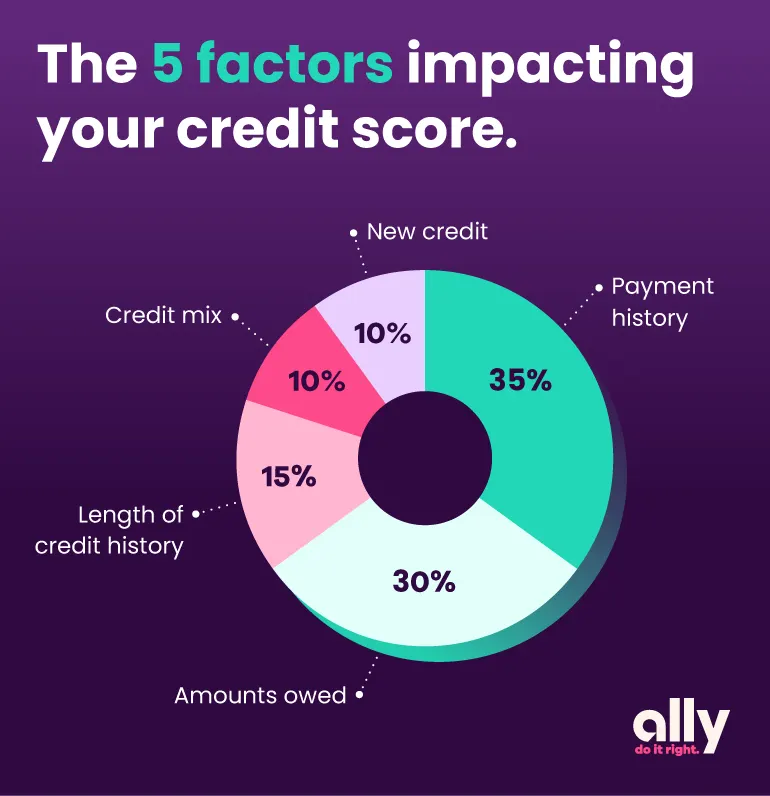When it comes to big ticket purchases, your FICO score (created by the Fair Isaac Corporation, which it’s named after) could play a major role. If you want to borrow money to buy a house or car, a credit score can affect your ability to get a loan or a good interest rate.
What exactly is a FICO score? Let’s take a look at where FICO scores come from, how they’re calculated and why a good score can be crucial for your personal financial health.
What is a FICO score?
A FICO score is a three-digit number based on information provided to the three major credit bureaus (Equifax, TransUnion and Experian) by lenders and other sources. This score is representational of your past financial behavior and represents your creditworthiness.
Why is a FICO score important?
Lenders use your FICO score to determine how successfully you might repay a loan. A higher FICO score tells a lender that you will more likely pay off your debts, while a lower score indicates that you might have trouble paying them back. Therefore, your FICO score helps your lender determine the following:
How much you can borrow
How long you should have to repay your loan
The interest rate
What’s the difference between a FICO score and a credit score?
Many lenders use FICO scores as their go-to scoring model. In fact, FICO scores are used in 90% of lending decisions. The Fair Isaac Corporation uses complex algorithms that show whether someone will fall 90 days behind on a bill within the next 24 months or not. It also releases new versions of its score often, keeping its calculation model up to date.
A FICO score ranges from 300 to 850 and rates consumers according to their score. For example, a FICO score of 661 to 780 is considered "good."
How is a FICO score calculated?
FICO scores are calculated using credit data in your credit report. It breaks down into several categories, including payment history, amounts owed, length of credit history, credit mix and new credit. Paying attention to each of these five areas will help you raise your credit score.

How to build your FICO score
If you’re new to building credit, keep in mind it will take about six months before a FICO score can be generated from your credit history. Establishing good credit can take up to a year or more.
To improve or maintain a good credit score:
Pay bills on time and in full
Monitor your credit utilization and use less than 30% of your available credit
Limit the number of new credit accounts you open in a short period of time
Have a wide variety of credit like a credit card, car loan and/or a mortgage
How to stay on top of your current FICO score
Each of the credit bureaus generates a credit report based on this information, and this data is used to calculate your score. Be sure to review your credit report annually. You are entitled to receive one free copy of your credit report from each agency once a year through AnnualCreditReport.com.
It’s important to note that your FICO Score with each credit bureau could be different based on the information on their file. For example, Experian could have a FICO score of 700 for you while TransUnion shows a 670 FICO score. The biggest reason for the difference is that not all lenders report your information to all of the credit bureaus and not all bureaus update information at the same time.
Building your financial future
Understanding your FICO score is an important step on the path to achieving your financial goals. Whether you’re planning to buy a home, finance a car or secure a loan for your new business, your credit score plays a major role. By maintaining a strong credit score, you open doors to better loan terms, lower interest rates and more financial opportunities.



